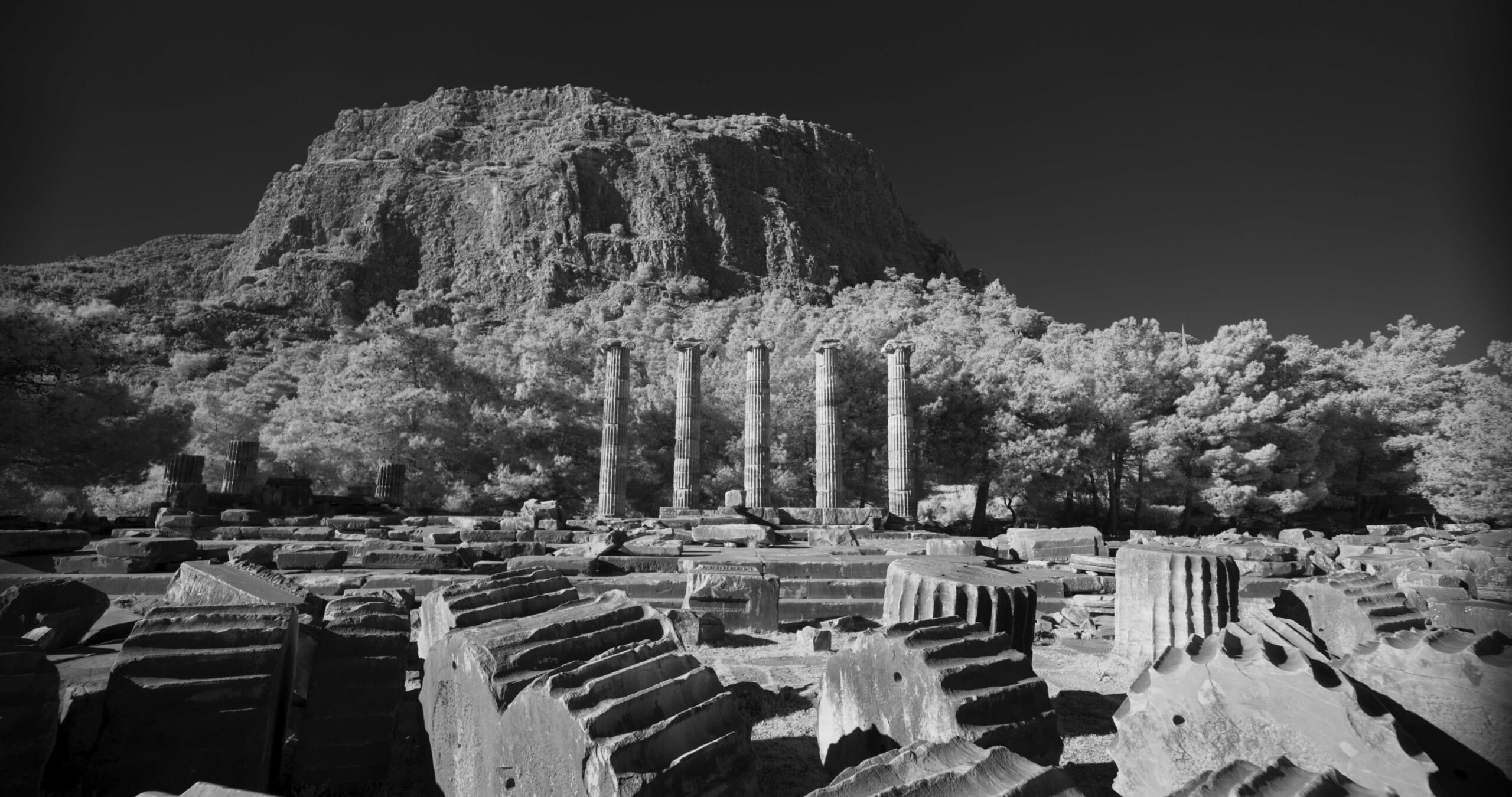
The latest documentary from A24 and director Viktor Kossakovsky, Architecton, is an eye-watering mediation on architecture that draws viewers in through pristine visuals, but can’t always hold their attention,
Architection isn’t like a normal documentary where it follows a specific storyline, person, or easy to grasp concept. Although he tends to check in with Italian architect Michele De Lucchi as he works on a personal landscape project, Kossakovsky often makes th film more of an artistic exercise in subtle expression. For the most part, you’re just watching the camera hover over ruins and cities without any sort of dialogue over them. So, there’s no real narrative direction. Despite a breezy, roughly 90-minute runtime, Architection has a lot of noticeable drag that stems from it being a film where you just look at rocks for a while. At times, the film evokes the same type of experience of walking around an art gallery where the world is Kossakovsky’s canvas, and if that bores you, then this film probably isn’t for you.
However, there’s something intriguing about Architection that’s tough to ignore and visually, Kossakovsky creates an absolute marvel. It’s hard not to be stunned by some of the images Kossakovsky captures as they harness underlying emotions. Scenes that explore the temple ruins of Baalbek bring the past into the present and emphasize how larger than life architecture can be. The early images of the destruction of Turkish cities after a 2023 7.8 earthquake immediately make you hollow and give the film a human element. It’s devastation that’s captured with a tight lens, and it’s a great way that Kossakovsky lets the film speak for itself. Even some of the slow-motion explosions within mountainsides are incredibly eye-catching and give the film a much-needed energy boost. Architection is all about imagery that can leave you in awe.
However, the film can’t always keep you gripped on imagery alone and some dialogue or thought-provoking monologues would’ve been appreciated. The music from Evgueni Galperine definitely gives the visuals an emotional backdrop that further connects you to what’s being shown, and the cuts to Lucchi building his circle garden can be intriguing. They often add a light-hearted break that comes with some charming banter between Lucchi and his helpers, and you do become a tad fixated on what his project exactly means to him. More importantly, this small story thread eventually gives the film something it desperately needs: meaning.
Within an epilogue sequence, Lucchi opens up more and we get a deeper perspective on architecture that embodies what Kossakovsky aims for with Architection. There’s a great dissection into the modern mindset of architecture that ties everything together and touches on a pertinent quality versus quantity discussion. It’s where the film leaves viewers with a surprising cautionary warning that pokes at the universal drive towards simplicity rather than thoughtful creation. It’s a strong way to end the film that, admittedly, acts as more of a saving grace than good execution. But, it at least makes Architection stay in your mind longer and think deeper about the direction of the world.
Architection isn’t for everyone and the sheer arthouse nature of Kossakovsky’s vision can upend the meaning it tries to evoke a little too late in the game. But his eye for creating profound visuals and sweeping shots of extraordinary settings is immaculate, cinema-caliber filmmaking. Plus, it does boast a message worth listening to, which makes Architection a little more than just staring at rocks for 90 minutes.

